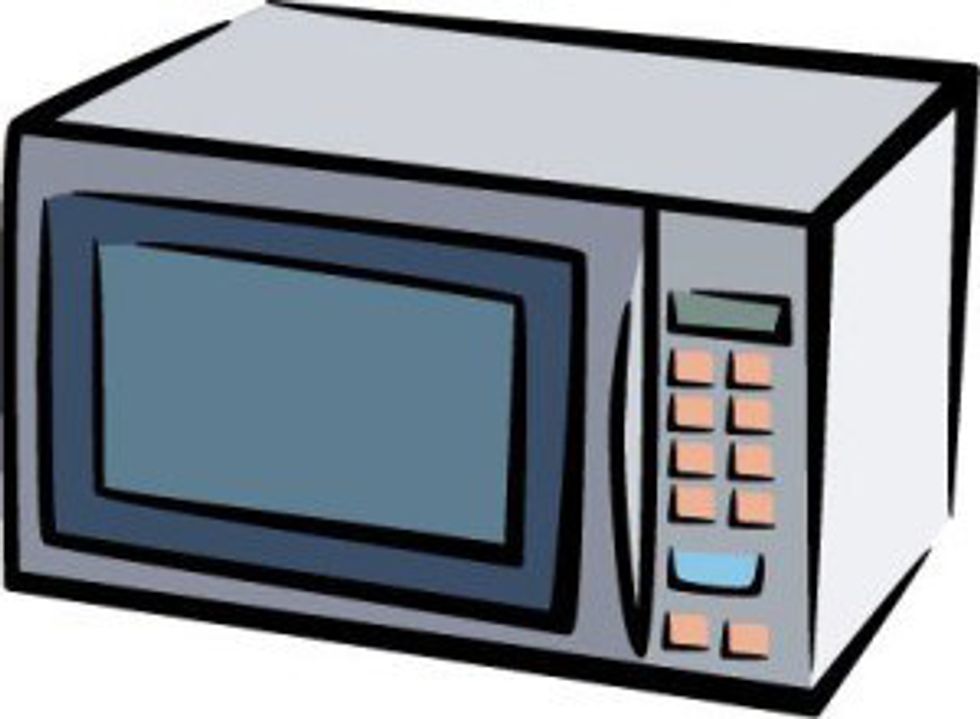We have probably used this invention on a daily basis since early childhood. It has warmed our frozen meals and made our lives much easier before watching a movie at home. The invention I mean is the microwave. This marvelous invention was created by accident after the World War II by Percy Spencer and other employees while working for the Raytheon Company in Waltham, Massachusetts. Behind this creation, there is a great and inspiring story about personal growth and motivation. This particular invention is not precisely done out of necessity, but invented by accident. Although, the reasons to move forward with the project did create a world where it's considered necessary to have a fast way to cook food.
Spencer was orphaned from a very young age and never finished grammar school. However, his intellectual impediments didn’t stop him from self-learning since a young age. He developed an interest in electricity and later on managed to become one of the three people who was hired to install electricity in a plant for a local company. At age 18, Spencer enrolled in the Navy and managed to teach himself trigonometry, calculus, chemistry, physics, and metallurgy, among other subjects.
The Eureka moment came while Spencer and a few co-workers worked on building magnetrons for radar sets and he noticed the candy bar in his pocket melting while the radar set was active. They started testing this ‘microwave’ with corn kernel and then with raw eggs. The first prototype was created by adapting a high-density electromagnetic field generator to an enclosed metal box. They decided to name it the Radarange and filed a patent on October 8, 1945. Surprisingly enough, the very first microwave was 6 feet and weighed around 750 pounds, with a price tag of $5,000.
Nowadays, more than eleven million units are shipped worldwide to help people make cooking just a little bit easier. Furthermore, this convention has catalyzed the creation of an entire industry- the frozen food industry,
Fun fact: microwave ovens don’t cook from the inside-out as many people think but from the outside-in, similar to traditional heating methods.






















